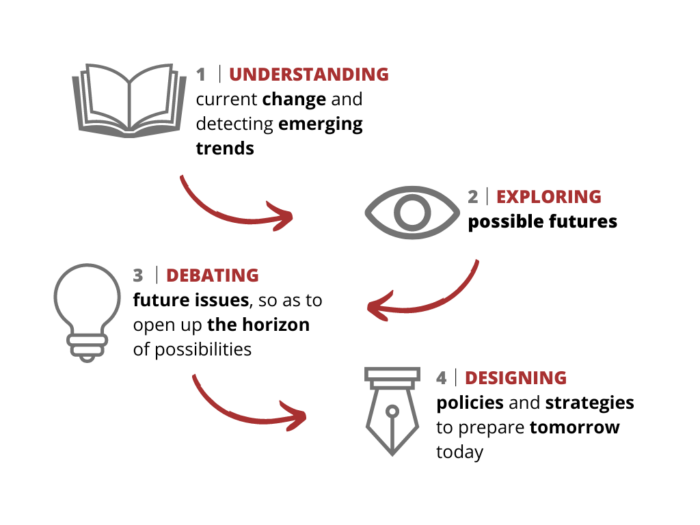The arrival of women in visible and high-level decision-making positions provokes contradictory reactions, veering between hope and distrust. Annie Batlle does not address the question of women’s access to power in terms of equality or fairness but rather looks at what difference the growing presence of women in economic, political and social affairs will make. Do they behave in the same ways as their male colleagues? Are they as efficient? Are they innovative?
The author takes a variety of previous studies and the (abundant) recent literature on the place of women as the basis for her analysis of the patterns of behaviour among women that she has worked with or interviewed, the accounts given by men and women, the research and available data. In her view, most women turn out to be a force for change: not because they are biologically different but because they have, willingly or unwillingly, lived in different worlds, coped with different responsibilities, had different experiences, undergone different conditioning and developed a different culture to men.
It is true that women are not a homogeneous group: they differ depending on their background, milieu, character and generation. But while they are obviously as intelligent and ambitious as men, and able to acquire the same skills, women nowadays have priorities and expectations that are often quite unlike those of their male counterparts. According to Annie Batlle, it is not the mere presence of more women in power but the combination of different approaches that might liven up the male model, which has admittedly had its plus sides but which has also had its day.
Women's Input in the Future. Women as Sources of Change and Innovation
Cet article fait partie de la revue Futuribles n° 334, oct. 2007



